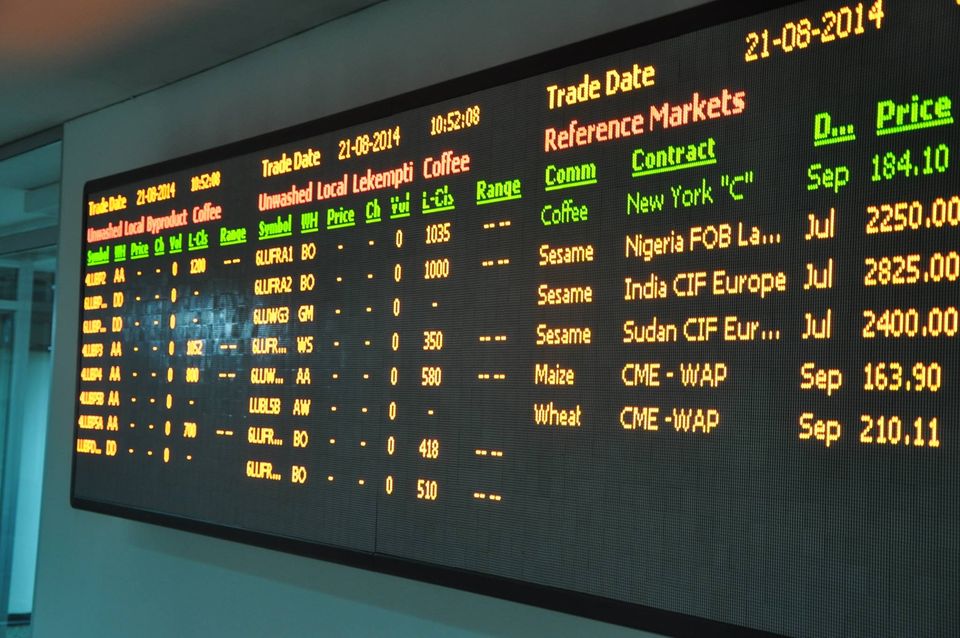
Ethiopia is preparing to channel the trade of precious stones, including opals, sapphires, and emeralds, through the Ethiopian Commodity Exchange (ECX) in an effort to reduce smuggling and strengthen foreign exchange earnings. The Ministry of Mines is leading the initiative, drawing on the ECX model already used for major export commodities such as coffee and sesame.
Speaking to the House of Peoples’ Representatives, Minister of Mines Habtamu Tegegne outlined ongoing reforms to address persistent challenges in the gemstone sector. He noted that the lack of an organized marketing system has enabled illegal trade and limited the sector’s economic contribution. Unlike gold, which is exclusively purchased by the National Bank of Ethiopia, gemstones are traded informally, creating space for illicit activity.
According to the Minister, work is underway to integrate gemstones into the ECX platform, supported by a new marketing system developed with Wollo University. The framework includes business guidelines, operational standards, and protocols for cutting and polishing stones. A nationwide mapping effort covering roughly 40 types of decorative minerals is also expected to be completed this year.
ECX and the Ministry of Mines have been cooperating since a 2021 Memorandum of Understanding aimed at improving transparency and curbing illicit mineral trade. The collaboration targets key minerals such as opal, emerald, sapphire, tantalum, lithium, and potash.
Officials say ECX is now prepared to begin gemstone trading, with required infrastructure in place. A draft proclamation submitted by the Ministry of Mines to the Ministry of Justice outlines procedures for regulated mineral transactions.
Reforms are also underway in other mining areas, including coal production, industrial minerals, and construction inputs. Efforts include resource mapping, improved operational guidelines, and investments in granite and ceramics factories.
To tighten export controls, especially via air transport, the Ministry has implemented stricter certification requirements and an electronic export application process. While gold exports have exceeded targets, performance in other minerals remains uneven due to regulatory adjustments and operational delays.
The Ministry is additionally pursuing capacity building projects worth over Birr 4 billion and emphasizing domestic value addition for minerals such as lithium and tantalum.
Source: Capital Ethiopia Newspaper


